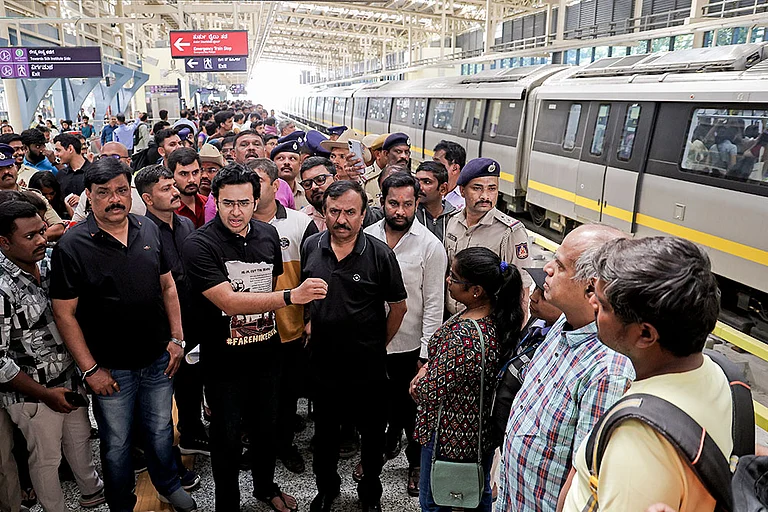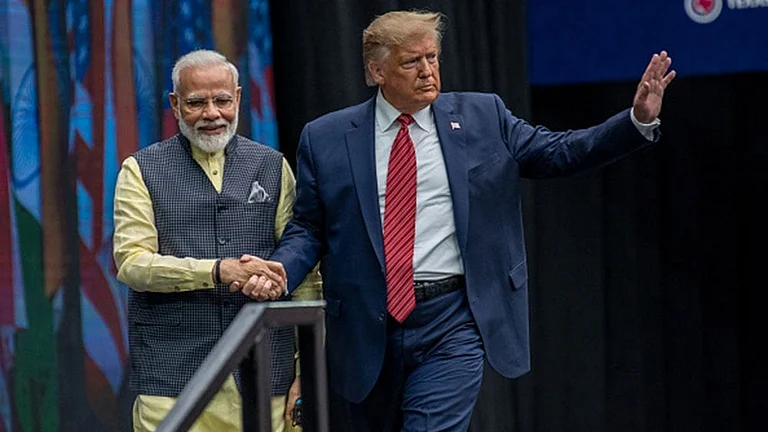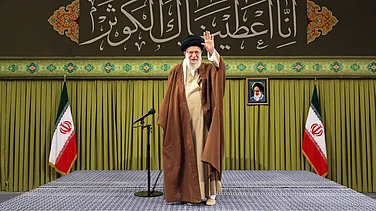
The Trump administration in the United States plans to go beyond the initial shock of the mandatory $100,000 fee.
The Department of Homeland Security (DHS) has proposed a rule change under its regulatory agenda to modify the H-1B visa category.
It remains unclear whether the DHS intends to narrow the list of employers and positions exempt from the annual visa cap.
In its bid to overhaul the H-1B visa programme, the Donald Trump administration in the United States plans to go beyond the initial shock of the mandatory $100,000 fee by imposing additional restrictions on how employers can use the permit and who qualifies for it.
The Department of Homeland Security (DHS) has proposed a rule change under its regulatory agenda to modify the H-1B visa category. The proposal, listed in the Federal Register as “Reforming the H-1B Nonimmigrant Visa Classification Programme”, includes measures such as revising eligibility for cap exemptions, increasing scrutiny of employers who have violated programme requirements, and strengthening oversight of third-party placements.
It remains unclear whether the DHS intends to narrow the list of employers and positions exempt from the annual visa cap. If implemented, the changes could affect non-profit research organisations, universities, and healthcare institutions that currently benefit from exemptions, Newsweek reported.
“These changes are intended to improve the integrity of the H-1B nonimmigrant programme and better protect US workers’ wages and working conditions,” the proposal stated. The changes are expected to impact thousands of Indian students and young professionals seeking employment in the US. According to the regulatory notice, the rule could be published by December 2025.
Earlier reports suggested the administration was considering replacing the traditional H-1B lottery with a wage-based selection system.
The H-1B is a temporary visa category crucial for high-skilled foreign nationals, particularly Indians, as it is often the only practical route to work in the US before eventually gaining permanent residence. Created under the 1990 Immigration Act, the visa allows American companies to employ individuals with technical skills that are hard to find domestically. The visas are not intended for permanent stay, though some holders later transition to other immigration statuses.
The US government caps H-1B visas at 65,000 per year, with an additional 20,000 reserved for applicants holding a master’s degree or higher from a US university. Some employers, such as universities and non-profits, are exempt from these limits.
According to the Pew Research Centre, nearly three-quarters of approved H-1B applications in 2023 were for Indian nationals. Since 2012, at least 60 per cent of approved visas have been for computer-related jobs, although hospitals, banks, and universities also hire under the programme.
The DHS draft rule also clarifies that “although a position may allow for a range of qualifying degree fields, each field must be directly related to the duties of the position.”
Key Proposed Changes
The rule proposes to:
• Narrow the definition of “specialty occupation,” limiting eligibility to jobs requiring degrees in a “directly related specific specialty.”
• Review and potentially restrict exemptions from the annual visa cap for universities, research institutions, and healthcare organisations.
• Increase oversight of companies placing workers at client sites.
• Tighten compliance standards for firms previously found in violation of labour or wage regulations.
These measures follow earlier actions, including the introduction of the $100,000 fee for many H-1B petitions filed after September, which has drawn opposition from the healthcare and education sectors.
In September, Trump signed a proclamation requiring the $100,000 payment to accompany or supplement new H-1B petitions for workers outside the US. The measure forms part of a broader effort to restrict the entry of foreign workers and strengthen oversight of the visa system.
Trump argued that the move would protect American workers and ensure companies hire foreign professionals only when no qualified domestic candidates are available. He said, “We need workers — great workers — and this ensures that’s going to happen.” The policy, he added, would make employers “think twice before hiring abroad simply because it’s cheaper,” insisting that foreign talent should be brought in only when essential.



























